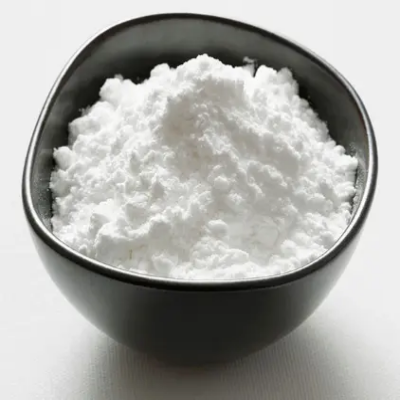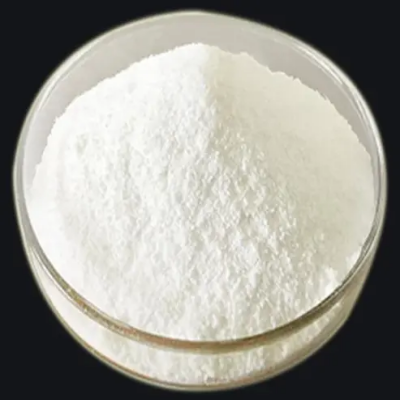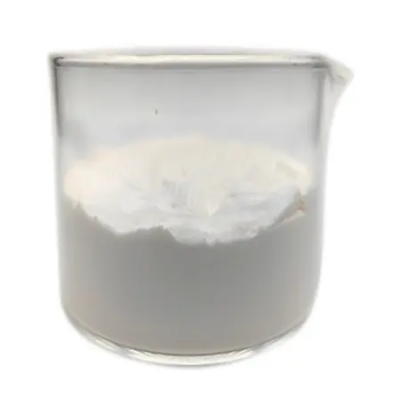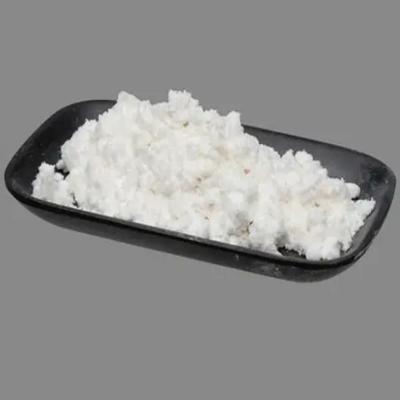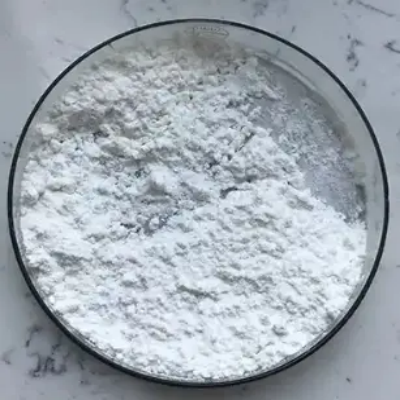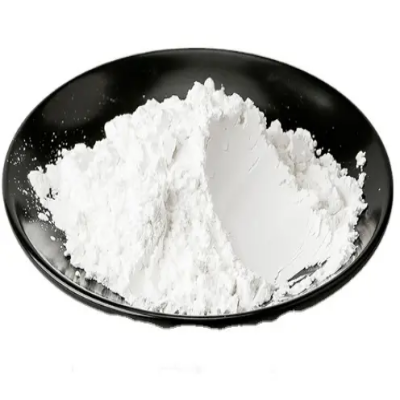Oxacillin sodium salt monohydrate CAS:7240-38-2
Oxacillin sodium salt monohydrate shares similar indications and uses with oxacillin sodium salt. It is primarily employed in hospitals and healthcare facilities for managing infections caused by penicillinase-producing Staphylococcus aureus, especially when methicillin-resistant strains are a concern. Common applications include the treatment of skin and soft tissue infections like cellulitis, abscesses, and wound infections. In serious infections such as septicemia, endocarditis, osteomyelitis, and respiratory tract infections attributed to penicillinase-producing staphylococci, oxacillin sodium salt monohydrate serves as a vital therapeutic option. Its narrow spectrum of activity against specific pathogens makes it particularly suitable for targeting penicillinase-resistant strains of Staphylococcus aureus. Adverse effects associated with oxacillin sodium salt monohydrate mirror those of oxacillin sodium salt and other penicillin antibiotics, including hypersensitivity reactions, gastrointestinal disturbances, and rare severe reactions such as anaphylaxis. Patients with known penicillin allergies should avoid oxacillin sodium salt monohydrate and seek alternative antibiotics under medical supervision. Proper dosing, monitoring for therapeutic efficacy, and susceptibility testing are essential aspects of using oxacillin sodium salt monohydrate effectively to ensure adequate treatment of infections and minimize the risk of resistance development. Collaboration among healthcare providers, microbiologists, and infectious disease specialists is crucial for optimizing its use and promoting patient safety in managing penicillinase-producing staphylococcal infections.



| Composition | C19H20N3NaO6S |
| Assay | 99% |
| Appearance | white powder |
| CAS No. | 7240-38-2 |
| Packing | Small and bulk |
| Shelf Life | 2 years |
| Storage | Store in cool and dry area |
| Certification | ISO. |


